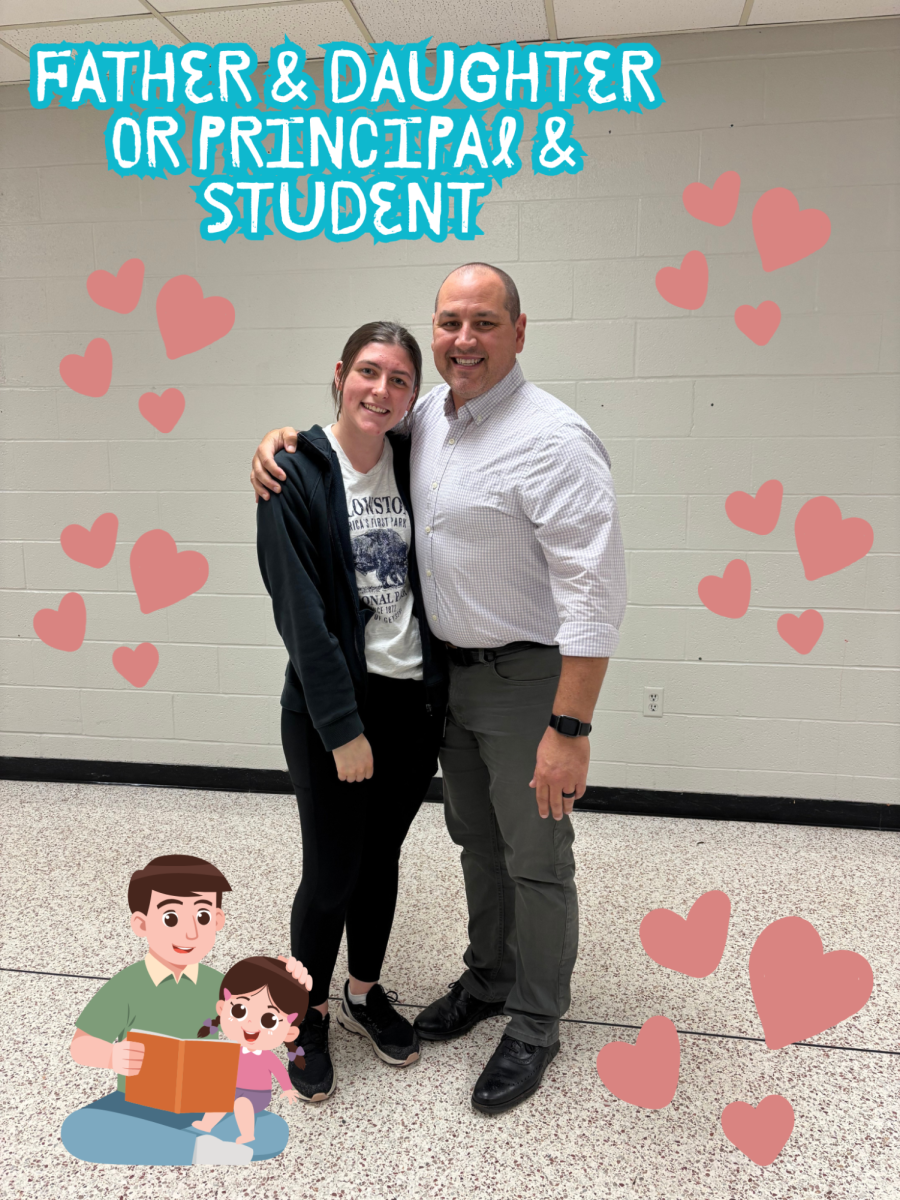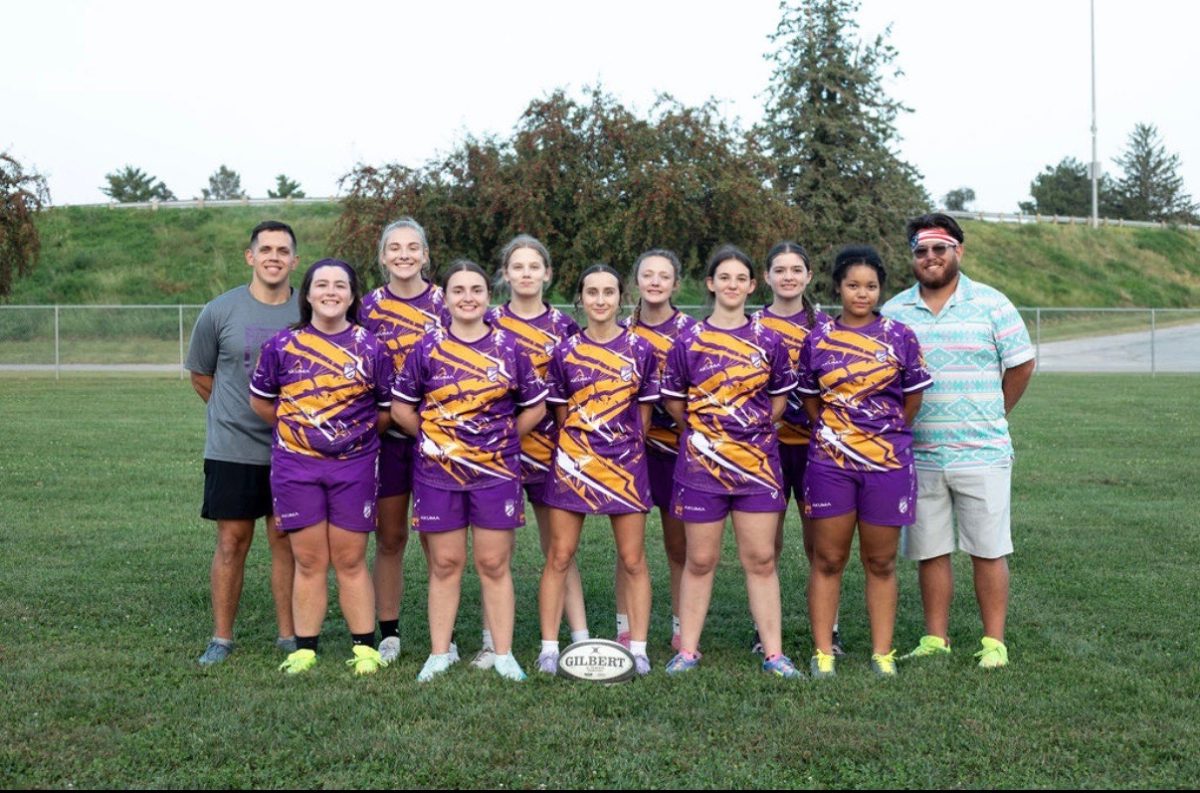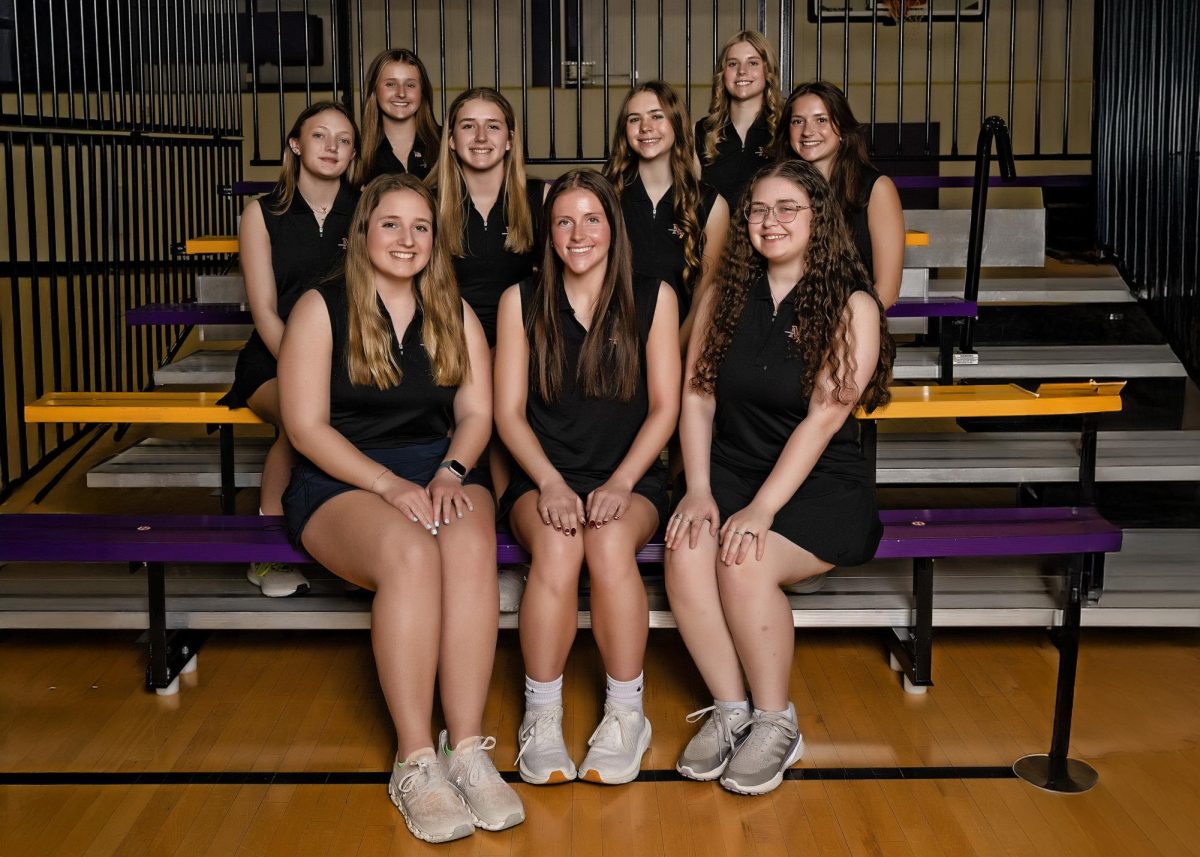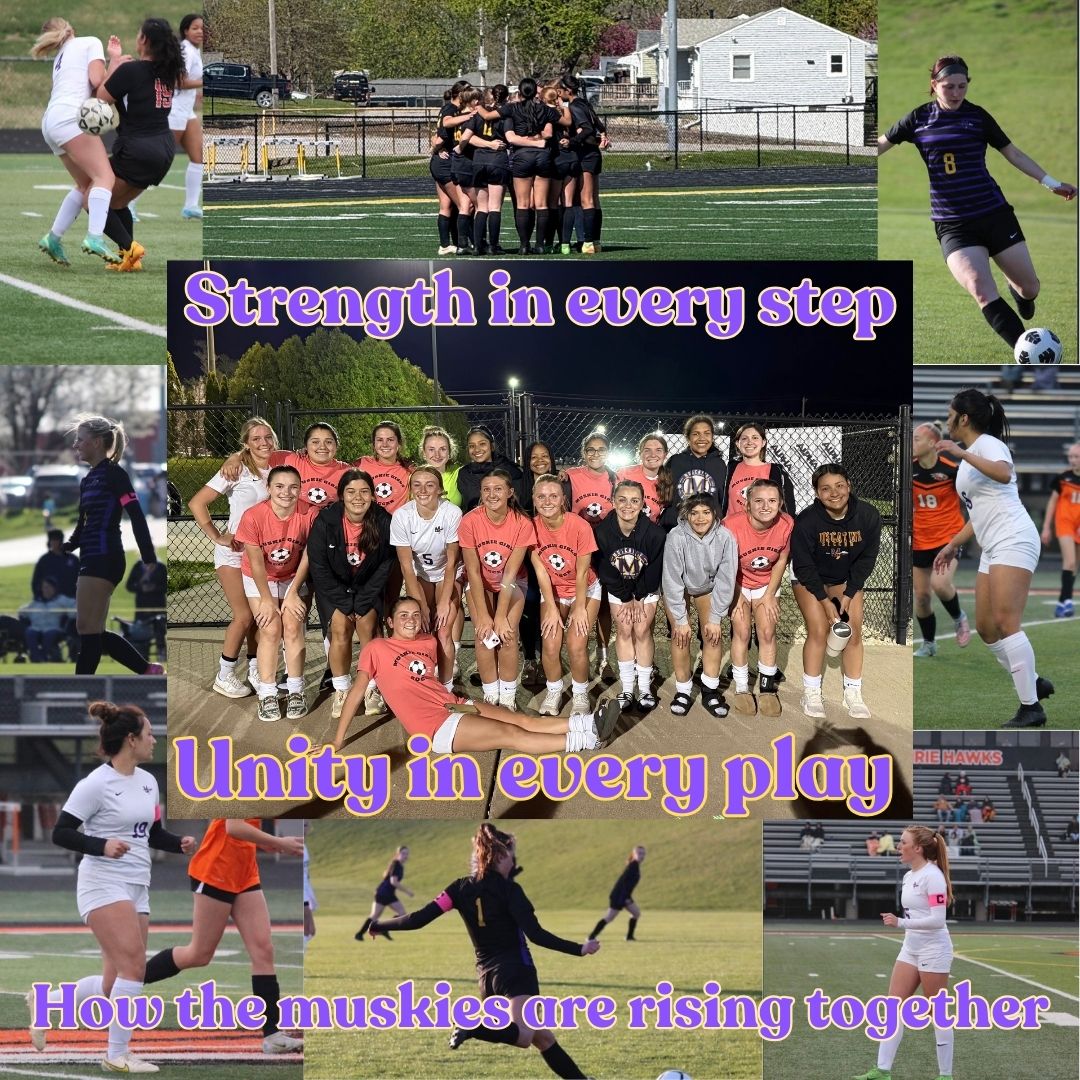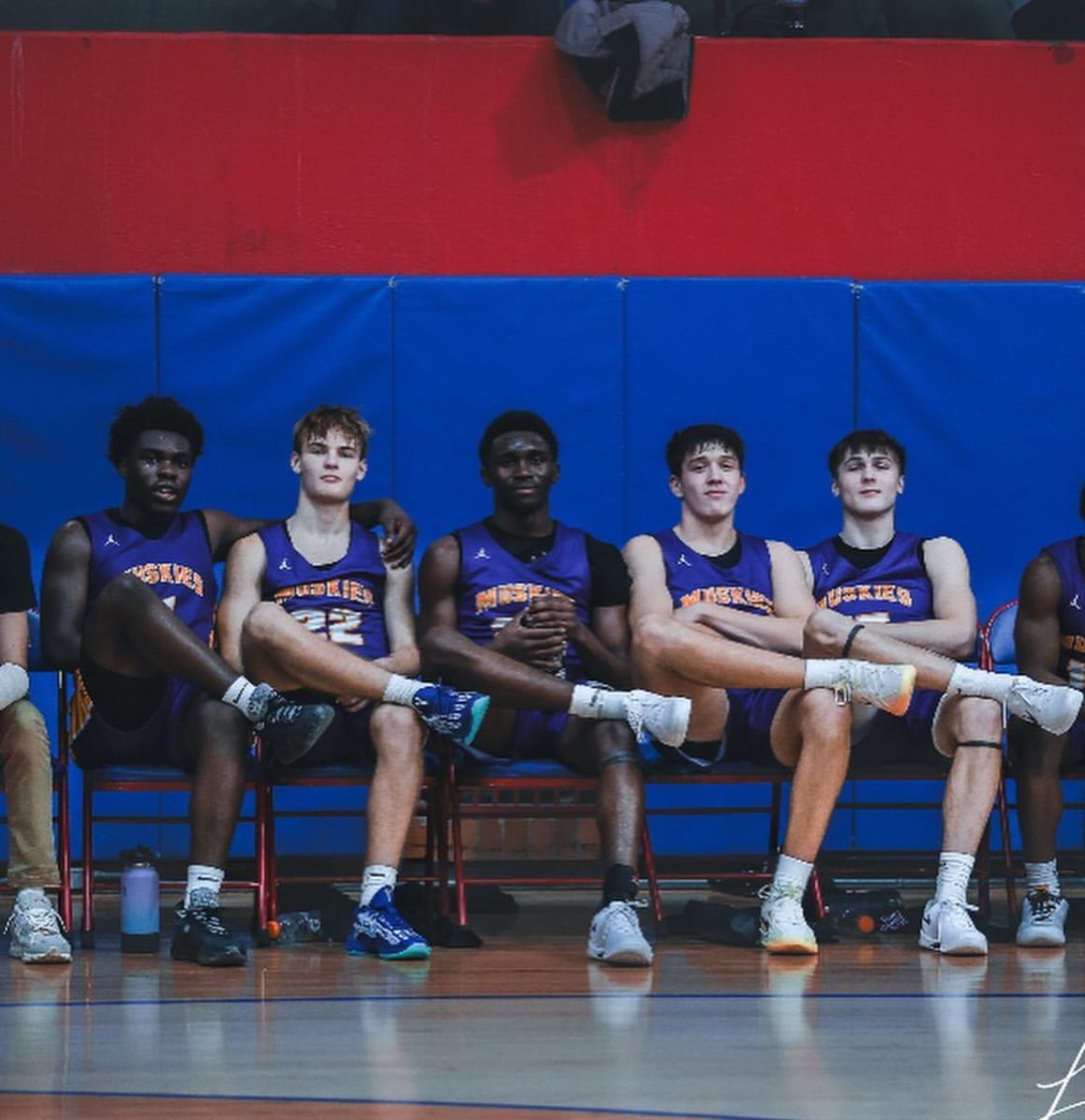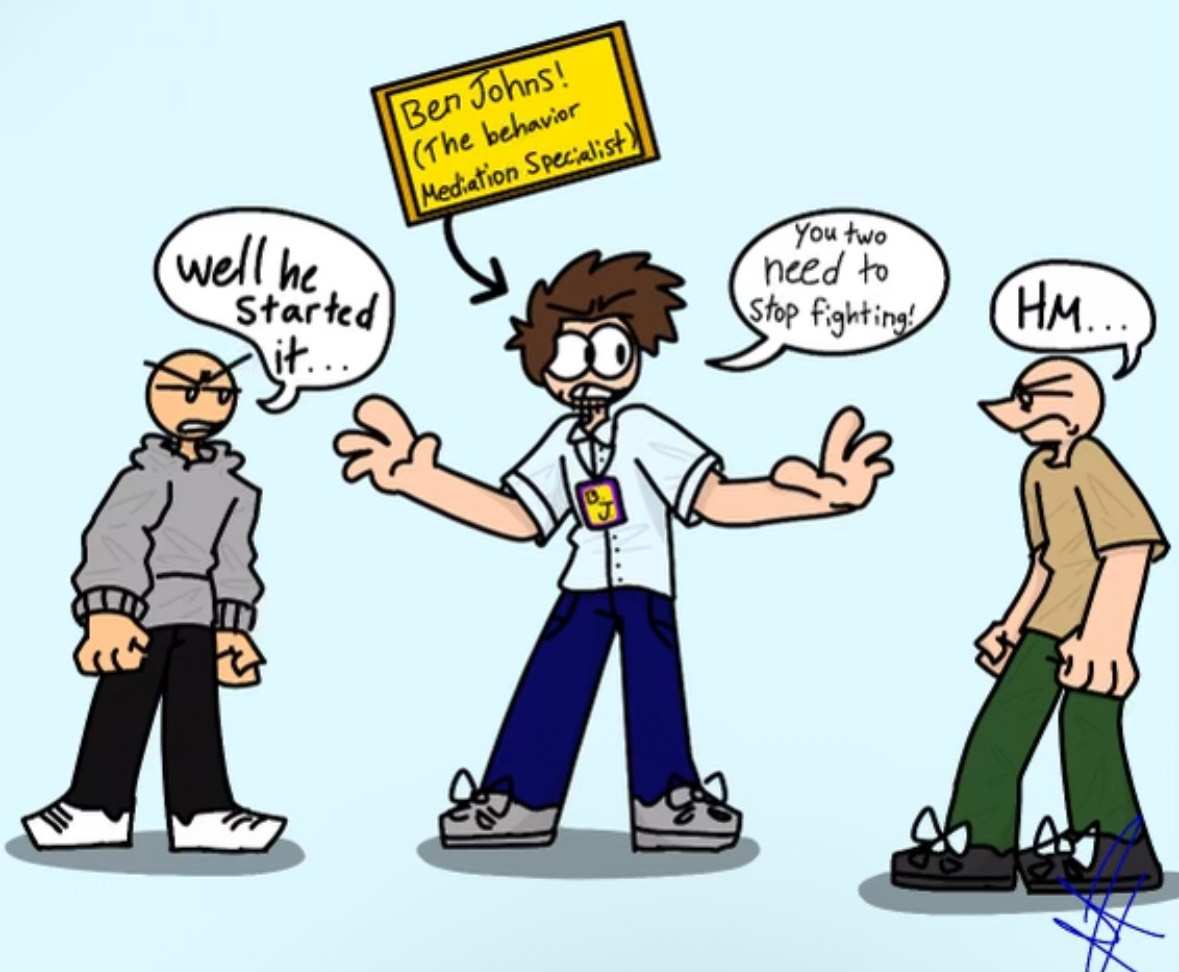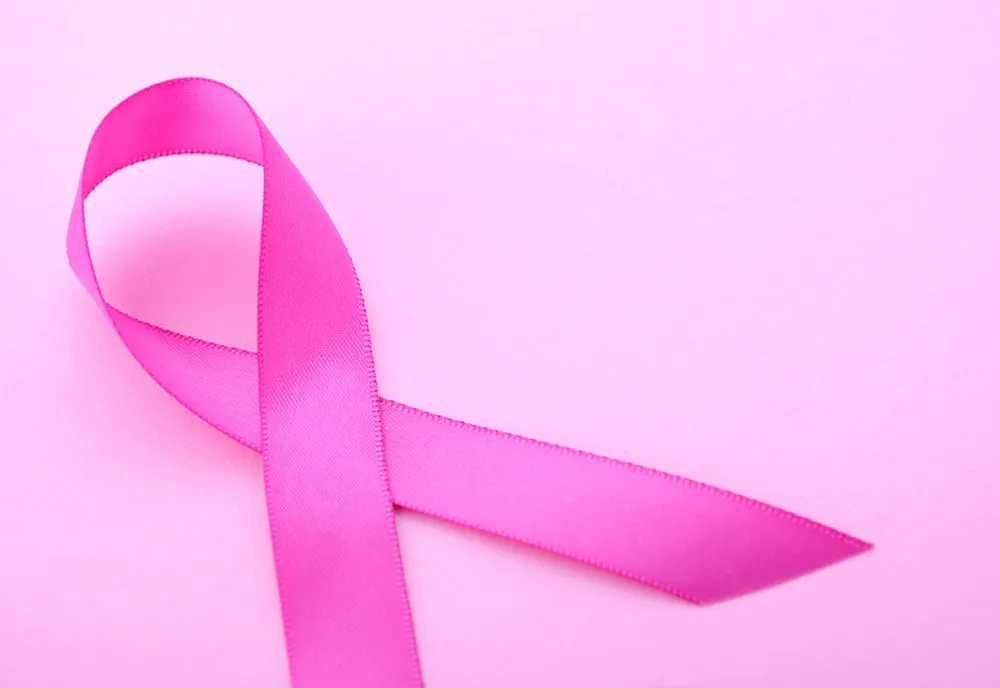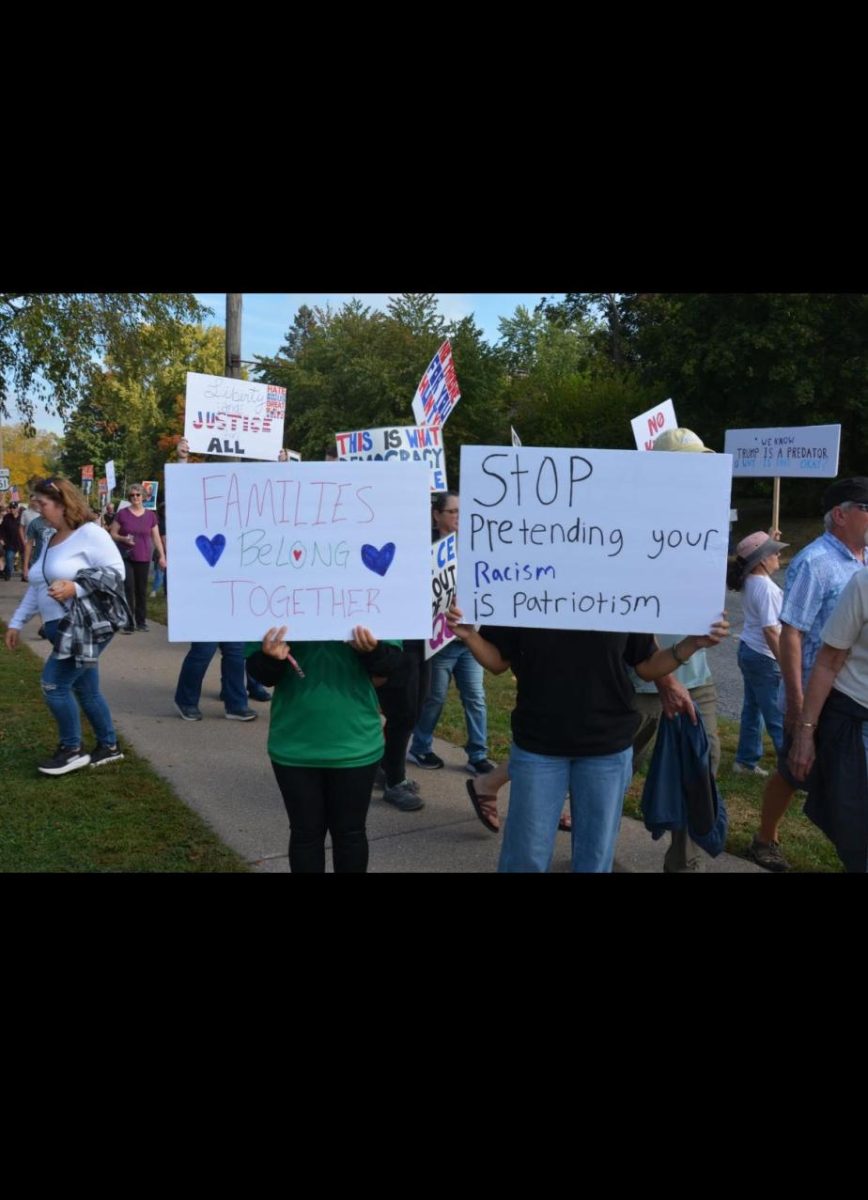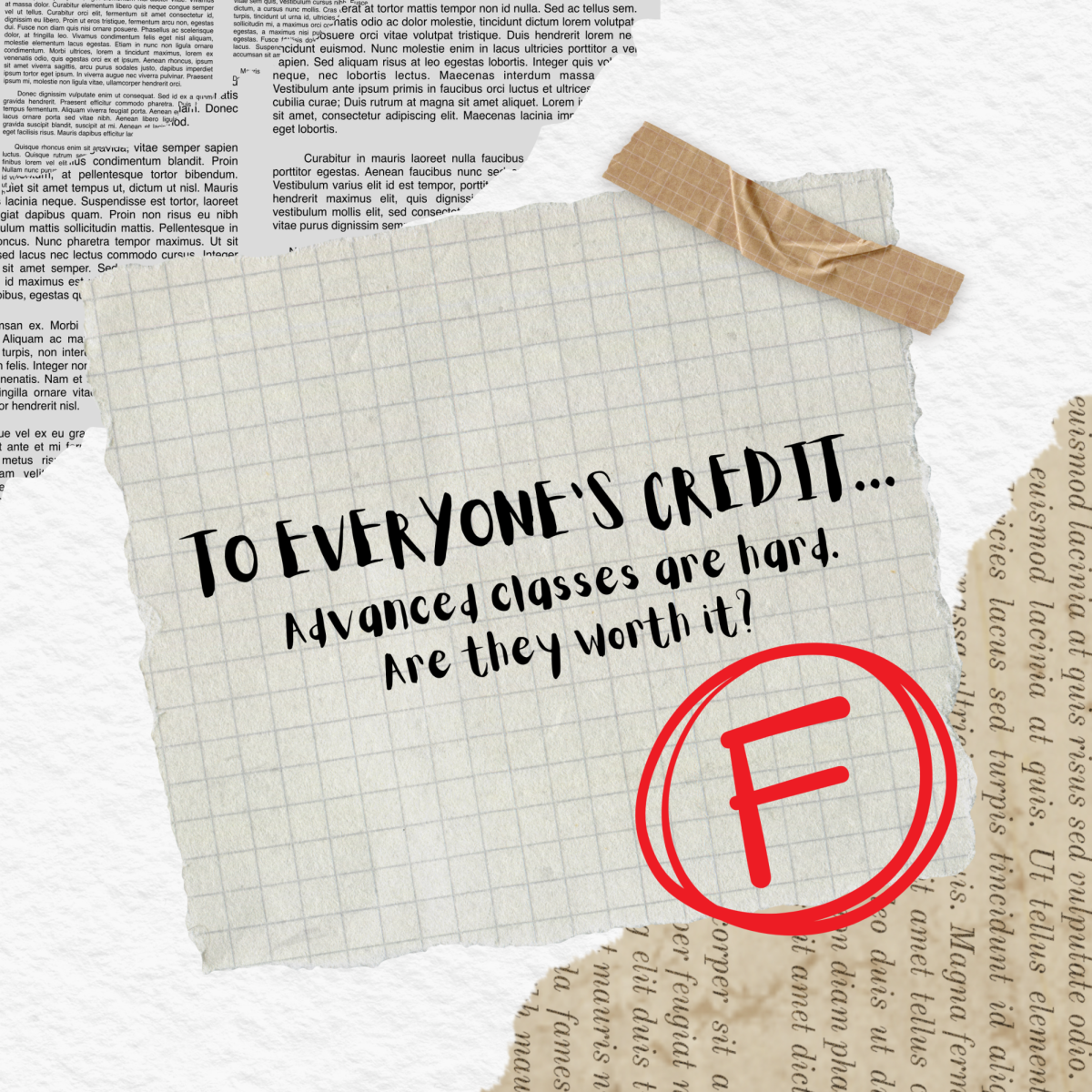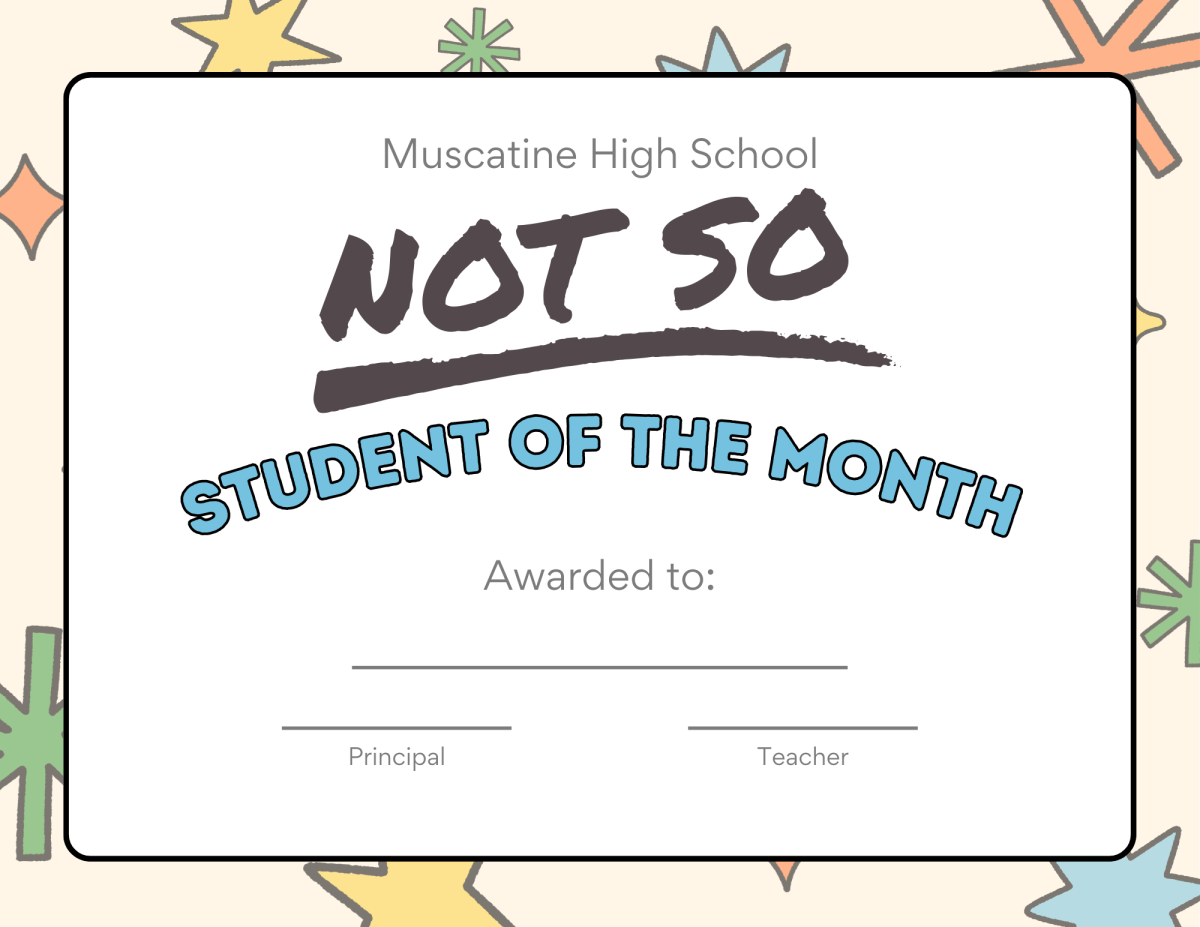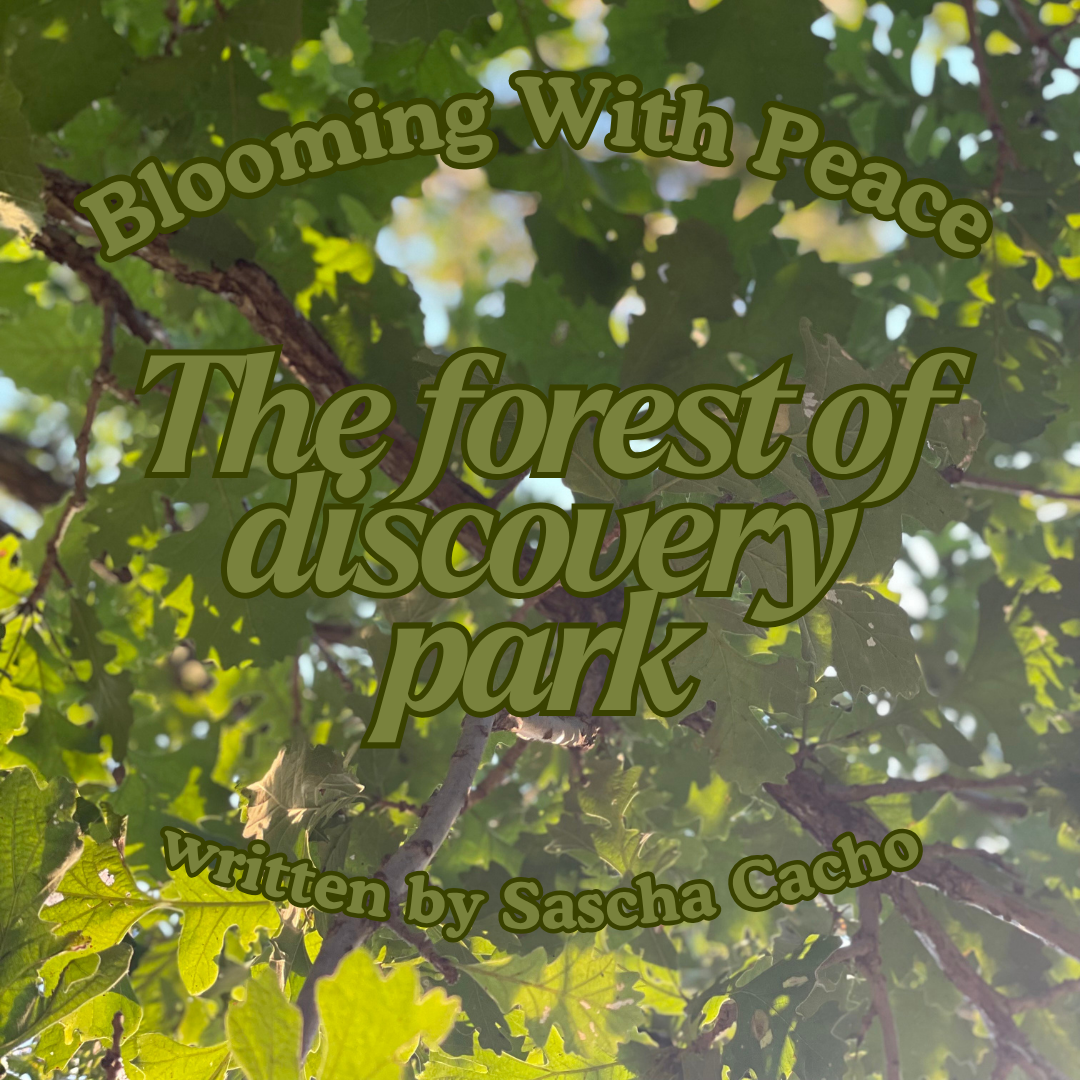If you ask most students why fights happen, you’ll probably hear the same word: “respect.” People say things like, “They disrespected me,” or “I had to stand up for myself.” But after sitting down with Ben Johns, Muscatine High School’s behavioral mediation specialist, I realized something bigger. Most of the time, fights aren’t about respect at all. They’re about ego. Ben’s job title might sound official, but what he really does is help students deal with conflict before it turns into something bigger.
“I’m kind of like the conflict resolution guy,” Ben said. “When people conflict, whether that’s fighting or just a misunderstanding between friends, I help them clear it up. My goal is to take stress out of people’s lives and get them focused back on the positive stuff.”
Through student mediations, peer mentoring, and relationship-building, Ben’s work has helped cut down the number of fights at school more than ever before.
“When I started, we were doing around 35 mediations a year,” he said. “Now we do over 100, and because of that, fights have gone way down.”
So why do fights still happen? According to Ben, there are five main reasons, and only one of them has anything to do with ‘respect.’
1. Romance and Big Emotions
“The number one cause of fights is handling romance,” Ben said. High school relationships bring out big emotions, sometimes brand new ones.
“When people start dating, there can be jealousy,” he explained. “You might feel like someone’s flirting with your boyfriend or girlfriend, or that they’d rather hang out with their friends instead of you. Those feelings can get big fast, and if you don’t have someone to vent to, it can turn into a confrontation.”
At the heart of it, it’s not really about love or loyalty. It’s about learning to manage emotions you’ve never felt before.
2. The “Respect” Myth (a.k.a. Ego)
Ask any student and they’ll tell you they fought because “someone disrespected them.” But Ben sees it differently.
“I’d call it ego,” he said. “It’s that feeling of, ‘I can’t believe they said that to me,’ or, ‘They treated me like that? I’m not letting that slide.’”
The truth is, most fights come from pride, not principle.
“People think fighting will make them feel better or prove something, but it doesn’t,” Ben added. “Physical pain doesn’t change what people do. You just end up with two people who both think they won, and then there’s a round two. It becomes a cycle.”
And in the end, ego doesn’t earn you respect. It just adds drama.
3. Bullying and Boiling Point Moments
Sometimes fights come from something deeper.
“Every now and again, we see a kid who’s been bullied for a long time finally snap,” Ben said. “They’ve been holding it in, and then they just reach their breaking point.”
It’s not the most common reason, but when it happens, everyone understands why. That’s why programs like peer mediation and student mentoring are so important. They give students an outlet before things explode.
4. Friendship Fallouts
Not all fights start between enemies. A lot actually starts between old friends.
“You come to high school, and people you thought were your best friends start drifting,” Ben said. “You meet new people, join new activities, and suddenly there’s awkwardness. Then the gossip starts, someone says someone’s talking behind someone’s back, and before long, it turns into a fight.”
What used to be a close friendship can quickly turn into a misunderstanding fueled by rumors. Once again, it’s not really about respect. It’s about hurt feelings, pride, and miscommunication.
5. The “Who Would Win” Fights
Then there are the fights that, honestly, don’t have a real reason at all.
“You’ll have two guys who don’t even have a problem,” Ben said. “But people around them start saying, ‘Who would win if they fought?’ Then it becomes this thing everyone talks about.”
At first, it’s just joking around or fake play-fighting. But after a few times, someone takes it too far, and it turns into a real fight.
“It’s back to ego again,” Ben said. “Nobody even knows what they’re fighting for at that point.”
Breaking the Cycle
At the end of the day, none of these fights actually creates real respect. They just create fear, gossip, and consequences.
“Fighting doesn’t fix anything,” Ben said. “That’s why we started having students sit down and talk afterward. It doesn’t mean they have to be friends, but it helps them look each other in the eye and clear things up. That’s where real respect starts.”
And it’s working. Last year, MHS had one of the lowest numbers of fights in years.
“Violence went down, vandalism went down, even theft went down,” Ben said. “When people talk instead of fighting, everything gets better.”
So next time someone says, “I had to fight for respect,” think about this: Real respect isn’t earned by throwing punches. It’s earned by choosing peace, being humble, and showing strength where it really matters.




